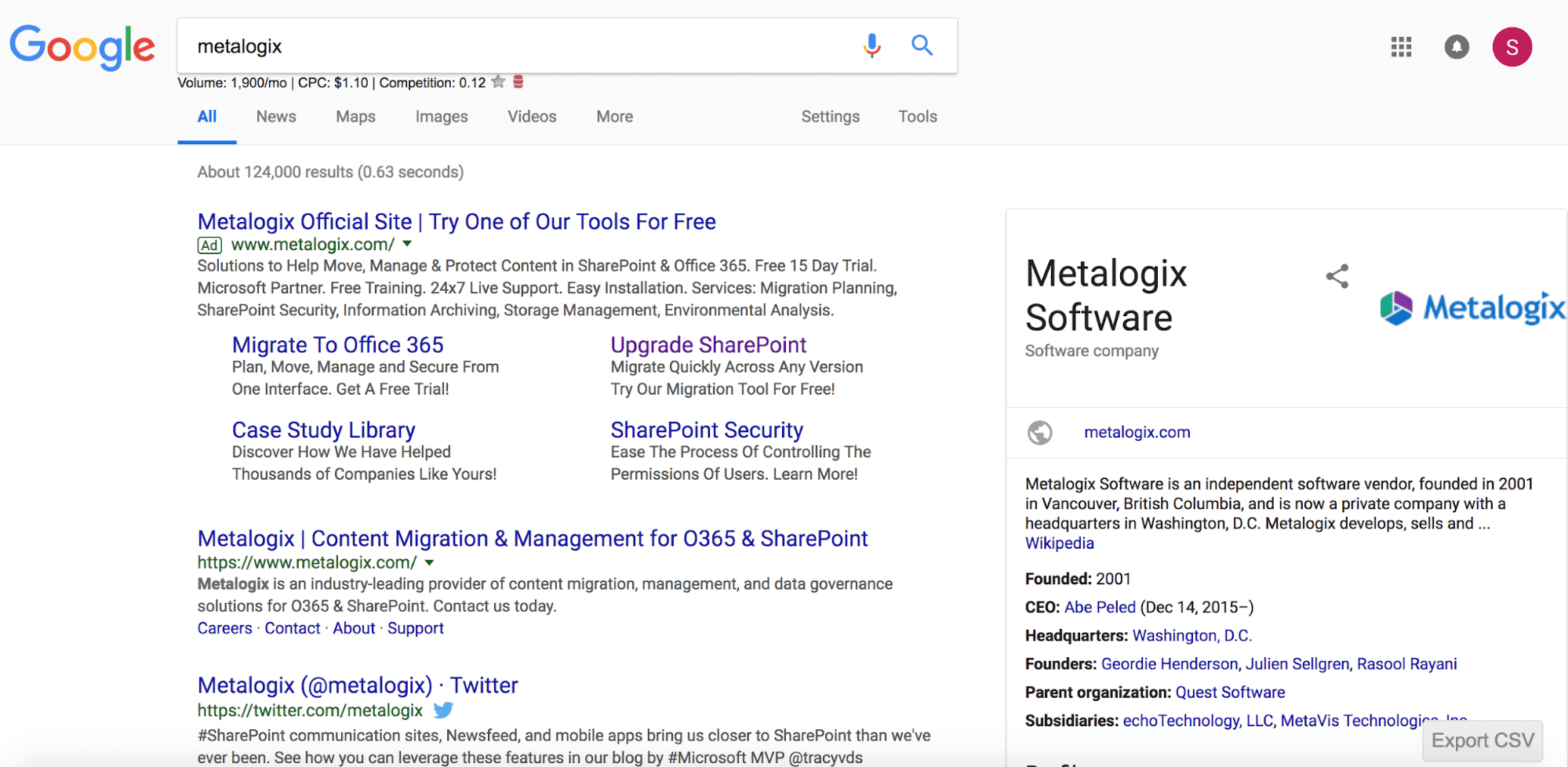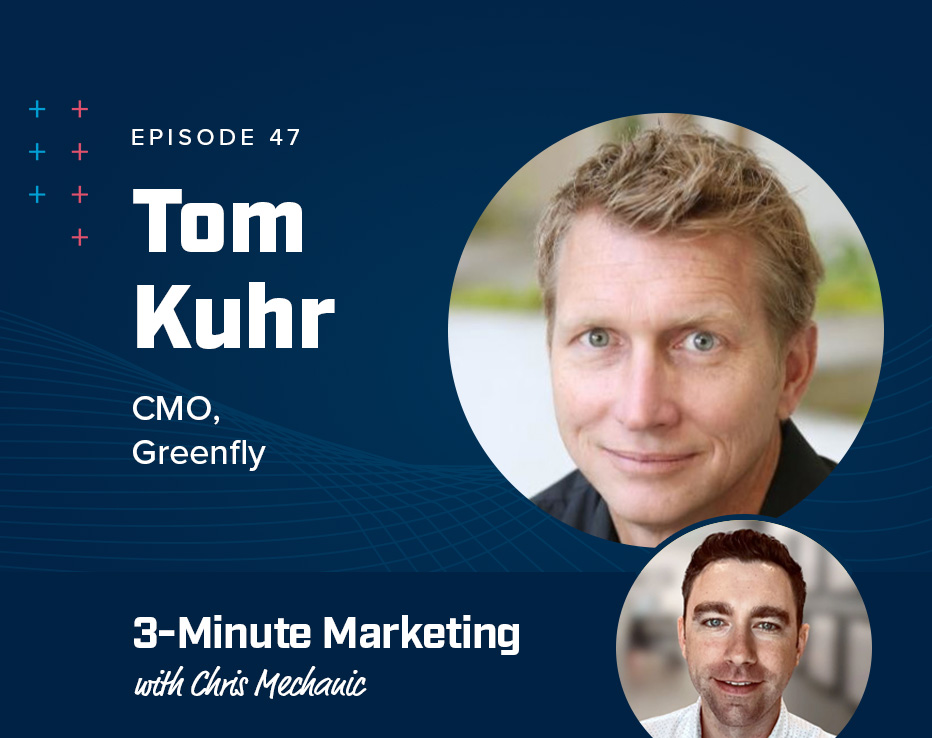
The secret to marketing success: using PPC and SEO together
In digital marketing, PPC and SEO are usually talked about separately. In fact, they’re often handled by different people or departments within a company. However, when you combine the forces of Google Ads PPC and SEO together, the results can be extremely impactful.
Effective SEO and PPC integration can guide your digital strategy and make your daily tasks as a marketer easier. Talk about a powerful duo! The possibilities include:
- Data sharing between channels
- Increasing reach and exposure
- Keyword research optimization
Ready to learn more AdWords and SEO secrets? Good—‘cause we’ve got plenty to share 🙂
3 ways PPC and SEO pack a powerful punch
Any good digital marketing strategy—whether on the PPC or SEO side—is guided by the following goal: tapping into a customer’s true intent while creating the best possible user experience.
When looking through this lens, it’s easy to see that the differences between SEO and PPC are smaller than you’d think. There are various ways these two can powerfully work together, including:
-
Sharing keyword data

Looking to identify gaps in your keyword coverage for both PPC and SEO? The paid and organic report in AdWords is a powerful way to monitor performance across both channels. With a simple column sort, it’s easy to see which words and phrases are driving paid performance without any organic traffic—and vice versa. (Note: To use the paid and organic report, you need a Search Console account for your website and must link that account to your Google Ads account.)
Accessing the Paid and Organic report in Google Ads
- Click the ‘Reports’ icon in the upper-right corner of the interface
- Hover over the ‘Predefined reports’ drop-down
- Hover over the ‘Basic’ option
- Select ‘Paid & organic’

-
Achieving greater exposure
Especially on the search side, an effective paid strategy can be combined with SEO to exponentially increase your exposure. This is often easiest to see when looking at branded keywords. Look at how much extra real estate we achieve on the below SERP by adding a low-cost paid ad to our organic result. Conversely, consider how much extra exposure your competitors might gain on the page if you don’t maximize your presence!

Still not convinced? Check out this case study to see what happened when a client turned off their branded search campaign (Spoiler: The results weren’t pretty).
-
Increasing your reach
One of the greatest benefits of SEO is that the traffic you gain is free. For that reason, it’d be easy to focus solely on organic search and ignore paid marketing channels altogether.
However, there are many potential customers who don’t frequent search engines but instead rely on social media or trusted websites to get their product information. To reach these customers—and thus maximize your overall presence—you must expand your horizons beyond SEO. With the right strategy, paid ads on social media or content websites can be extremely effective without costing an arm and a leg—thankfully 🙂
PPC and SEO working together to guide keyword research
Keyword research is the foundation of any good PPC or SEO strategy. However, people usually research keywords to target for PPC and SEO separately—and sometimes, this research is even done by different people or departments.
If that’s the case in your organization, STOP AND LISTEN! Here are two pro tips for maximizing performance by letting PPC and SEO keyword research complement one another:
Keep your keyword universes separate
User intent and your optimal marketing funnel are never going to be the same on both the PPC and SEO sides. Therefore, it’s always best to create and maintain separate keyword universes for both channels.
However, it’s equally important for any good marketer to keep tabs on both lists regularly. Knowing what’s working—and trending upward or downward—on both lists can help guide your entire 360-degree marketing strategy.
Have the same person do both sets of keyword research
If you want to learn how to do PPC in SEO (or vice versa), this is the secret: assign both sets of keyword research to someone who’s worked on both the PPC and SEO sides of the account. Keep in mind this may not always be possible, depending on the structure of your organization, but it’s something you should strive for if possible..
Think about it: Your PPC manager has spent months painstakingly testing various phrases within ad copy to see which resonates best with your audience. Are those same top-converting phrases being used in your SEO keyword universe? Are they prominent on your organic landing pages?
Conversely, the SEO specialist on the account spends most of his or her day analyzing which tipping-point keywords are performing best and have the most potential for ranking improvement. Are you bidding on these keywords for PPC to further amplify your message?
Conclusion
Look no further than job titles to see how frequently managers isolate search engine marketing roles from each other. (You’ll find tons of “I’m an SEM” and “We’re hiring for an SEO Specialist role.”)
Breaking down these barriers can yield huge digital marketing results for your business, product, or client. SEO and Google Ads are so interrelated that it simply doesn’t make sense for them to not work in tandem. From optimized keyword research to increased reach and exposure, we hope this post helps you see the light. Using PPC and SEO together will make your digital marketing performance shine.
[Interested in learning more about multi-channel marketing? Check out this killer case study]Read about the 8 benefits of singular negatives in Google Ads
View all posts filed under “PPC”
Most newsletters suck...
So while we technically have to call this a daily newsletter so people know what it is, it's anything but.
You won't find any 'industry standards' or 'guru best practices' here - only the real stuff that actually moves the needle.






